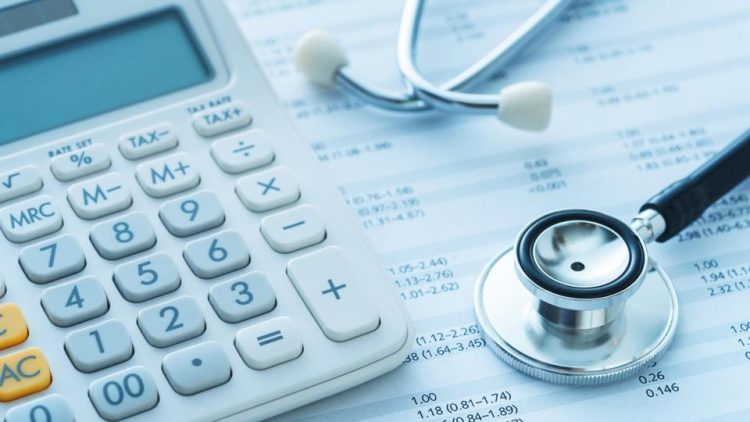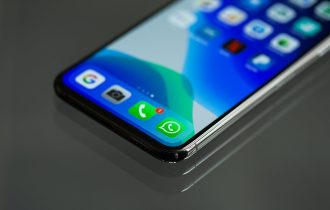Can you get medical aid if you are not formally employed
In South Africa, the world of medical aid operates within a capitalist framework, which means that your employment status should not be a significant barrier to access. The primary concern for medical aid schemes and insurance companies is your ability to pay your premiums consistently, not the source of your income. So, whether you’re a formally employed individual or a freelancer, you have the opportunity to secure medical aid coverage.
Here’s what you need to know about medical aid and employment status in South Africa:
Employment Status: Not a Barrier
Medical aid providers do not discriminate based on your employment status. They are more interested in your financial commitment and whether you can meet your premium payments. While you, as an individual, may not enjoy the same benefits and discounts that large companies negotiate for their employees, you can still secure medical aid coverage. The question of employment status often serves as a formality rather than a hurdle, providing more flexibility for those without formal employment.
Job Loss and Existing Medical Cover
Losing your job can be a challenging and uncertain experience, and one of the concerns that may arise is maintaining your medical aid coverage. Here are some key considerations when facing this situation:
1. Unemployment Protections
If you’ve recently lost your job, reach out to your medical aid provider to inquire about any unemployment protections they may offer. Some providers have mechanisms in place that grant you a grace period during which you don’t have to pay premiums, while still being covered. This grace period allows you time to focus on finding new employment without the immediate financial burden of medical aid premiums. Many insurers are highly protective of their clients and strive to retain their customer base, making unemployment protections a common feature.
2. Wise Utilization of Grace Period
If you have access to a grace period, it’s advisable to use it wisely while you assess your financial situation and future prospects. Consider the worst-case scenario, wherein you don’t secure new employment within the grace period, forcing you to pay premiums from your savings. At this stage, you may begin exploring more affordable medical aid options, unless you are comfortable taking your chances with South Africa’s public health system.
3. Evaluating Your Financial Situation
Opting to stay with your existing medical cover during a period of unemployment can be a viable choice. However, it’s essential to continually evaluate your financial situation and your ability to sustain the premiums. Remember that medical aid is a vital safety net for your health, so it’s crucial to ensure that your decisions align with your overall well-being.
In conclusion, South Africa’s medical aid landscape is accommodating, and your employment status should not be a significant barrier to accessing healthcare coverage. Whether you’re formally employed or not, options are available to secure the medical aid you need. In the event of job loss, proactive communication with your provider, wise use of grace periods, and ongoing financial assessments can help you make informed decisions that prioritize your health and well-being.





